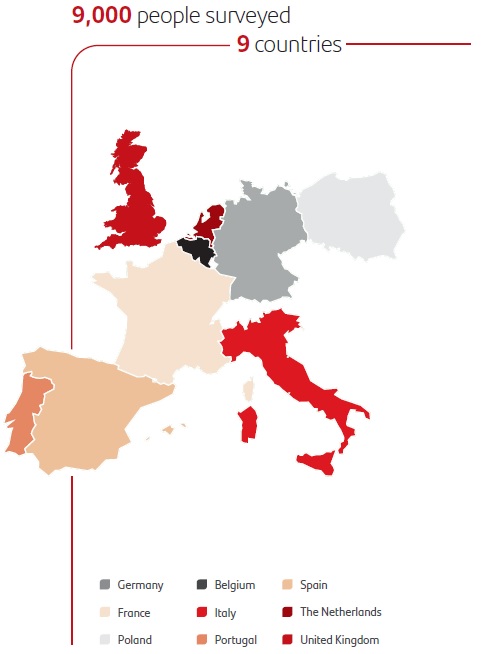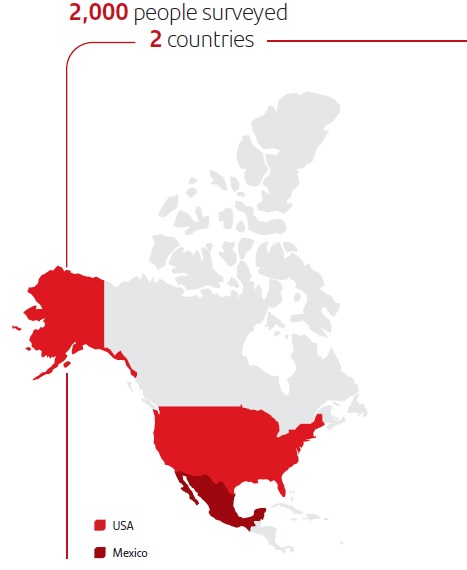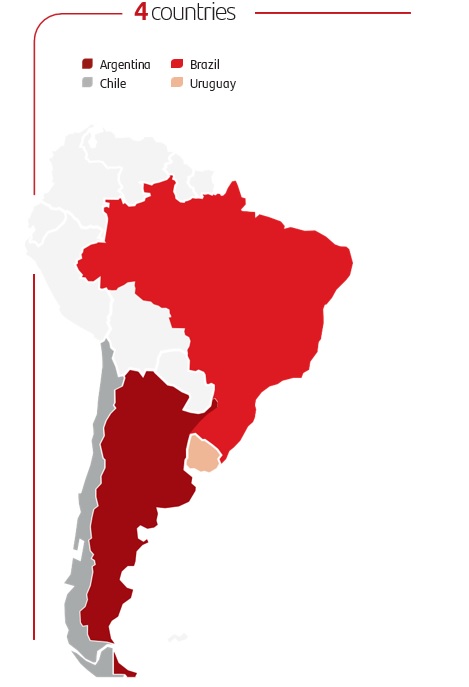Chapter 4
A geographic outlook


- Press Room
- Tomorrow’s skills
- A geographic outlook
Though attitudes vary by region, the shift to self-teaching and practical learning is an emerging global trend. Geography is key to understanding how tomorrow’s skills fit into varying landscapes.
With that in mind, chapter four of the Tomorrow’s skills report puts data from three regions and 15 countries under the microscope and uncovers common trends, differences and factors that impact on the survey participants’ experiences.
Broadly speaking, the report finds that Europeans lead the way in occupational mobility, though they are less satisfied with the education they received. North Americans hold practical experience and informal education in higher regard, whereas Latin Americans stand out for their willingness to learn on their own initiative. Nonetheless, every region agrees that AI, digitalization and soft skills will be key to future jobs.

Tomorrow’s skills by region
Europe
Europe stands out for its preference to move around, as 70% of the survey participants have changed sector, company or role. 64% of the Europeans surveyed agree that there are good job opportunities, while just 26% would be willing to step outside the EU for work.
Satisfaction with the education they received before entering the world of work is low at just 58%. Upon asking them about who is responsible for lifelong learning, 50% say it should be their employer; 25% say the public sector; and 22% assume this responsibility for themselves.

North America
If there’s one region that’s convinced of the role that practical experience and informal education will have in the future of work, it's North America: 48% of the survey participants there said so. A similar number — 45% — would study the same subject if they had to start all over again.
Almost seven out of ten say the education they received before joining the working population was useful. Moreover, half of the sample prefer experienced professionals to deliver training courses.
Finally, technology and digitalization lead the way in terms of the most important areas for career development.

South America
South America stands out for its proactivity, with 45% of the survey participants in the region currently studying on their own initiative, which they believe is their personal responsibility (41%).
Soft skills, languages and digital learning platforms are held in high regard. These platforms are considered useful to build knowledge (76% would be willing to use them) — especially of AI, which 61% believe is pivotal to enter and remain in the job market.



